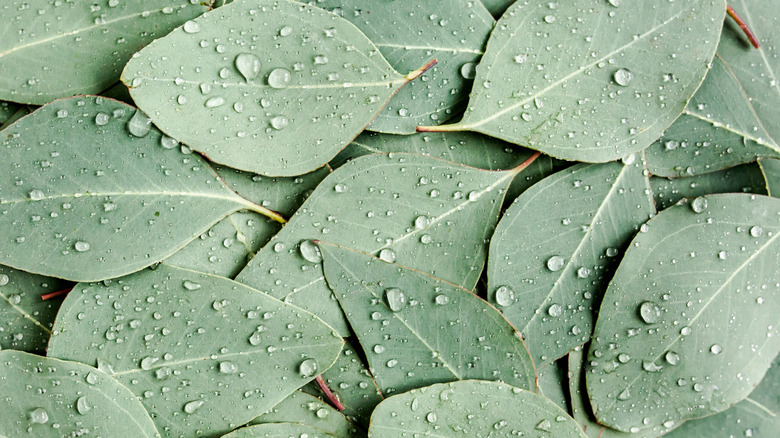Camping
Matt Berry
Nothing ruins a relaxing night by the campfire quite like mosquitos. Aside from mosquito bites carrying serious diseases, such as West Nile, malaria, and dengue fever, mosquito bites are painful and maddeningly annoying. These campground pests may not be necessarily dangerous, but they can definitely kill the mood of a relaxing, lowkey campfire after a long day of camping and hiking.
While there are countless mosquito repellents on the market, with varying degrees of effectiveness, DEET-based products have been the gold standard for repelling mosquitos since 1957. Multiple studies indicate that DEET is safe when applied correctly, to both adults and children, but some people do have adverse skin reactions to DEET. The scary reputation of DEET is largely due to people confusing DEET with DTT, a now-banned insecticide linked to cancer.
Although iffy studies that question the safety of DEET have largely been debunked, many simply prefer non-chemical applications to repel mosquitos, which has spurred an entire market of DEET-free products. Unfortunately, with a few exceptions, many of these natural products just aren’t very effective. That said, there’s one natural practice that’s been around for millennia — burning fragrant herbs.
Effective herbs to repel mosquitos

Tim Graham/Getty Images
Popular herbs that tend to repel mosquitos include sage, lavender, lemon balm, mint, and (yup) citronella. Whether you burn these herbs —dried or fresh — mosquitos seem to hate the smoke and the aromas these plants create.
Mosquitos are attracted to the odors you give off and the CO2 you breathe out. When a plant has pungent-enough essential oils, the herb’s aroma confuses the mosquito’s smell receptors while camouflaging our scent. By burning (or crushing) the herb, you release and enhance the smell of these essential oils.
Citronella is actually an essential oil derived from two types of grasses. According to the American Mosquito Control Association, citronella oil is a mild mosquito repellent, but most citronella candles, torches, and coils just don’t have enough citronella to be very effective. Instead of overpaying for “camp-ready candles,” you may be better off just burning the grasses.
Traditions and efficacy of burning herbs

K.Decor/Shutterstock
Since time immemorial, burning herbs, smudging, and smoke cleansing have been aspects of various religious and indigenous ceremonial rituals from cultures from all over the world. Whether or not these customs evolved from early pest control is unclear, as we’re not cultural anthropologists, but burning certain herbs to repel mosquitos does seem to work.
Along with its practical effects, you may also consider incorporating burning herbs to create a deeper camping experience. While we don’t encourage cultural appropriation, there’s nothing wrong with acknowledging a time-honored human practice in a mindful, respectful way during your immersion in nature. Just a thought.
As far as the scientific efficacy of essential oils to repel mosquitos, the Centers for Disease Control (CDC) now approves the use of eucalyptus essential oils in repellent sprays. While not an herb, eucalyptus sprigs are also an excellent option for burning on a campfire. Not only will eucalyptus help keep bugs away while camping; your campsite will smell delightful.

